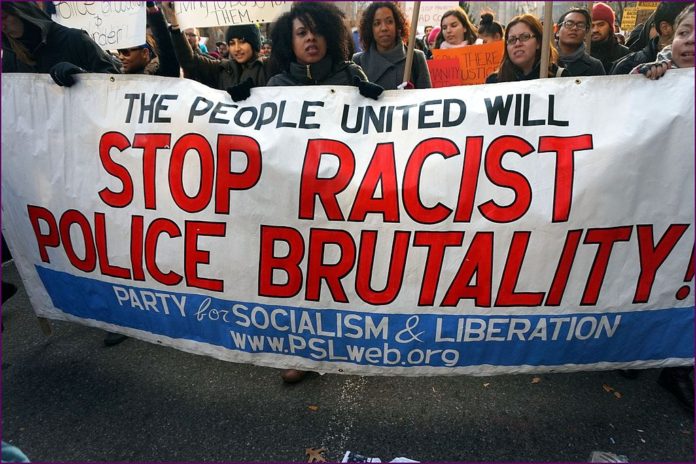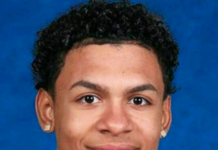Imagine walking into a restaurant with four of your closest friends and before you can even order your food, you are asked to pay in advance. You pay obligingly, but find yourself growing more and more uncomfortable as you sit waiting for the check instead of your meal. Something tells you to ask the patrons a few tables down if they too had to pay for their lunch in advance, and to you and your friends’ surprise, they had not. You then take a moment to analyze the situation, to discover you and your party are the only black people in the restaurant, and the only customers asked to pay for their food beforehand. This was the reality of Emile Wickham’s birthday dinner in 2014, when he and his friends attempted to dine at Hong Shing Chinese Restaurant, in Toronto’s Chinatown.
According to a North Carolina State University study, similar incidences of blatant racial profiling are far too common. Research shows that 38.5 percent of servers–out of the 200 surveyed– reported that a “customers’ race informed their level of service at least some of the time.”
Comparatively, in a study conducted by Cassi Pittman, a professor at Case Western Reserve University, 80 percent of African American middle-class shoppers have experienced racial profiling. Another 59 percent said that they were perceived as a shoplifter, while 52 percent said they were offered poor service.
Wickham and his party didn’t stand for it.
Following the incident, Wickham insisted on a refund and immediately reported the incident to Ontario Human Rights Tribunal. The restaurant owners claimed that they attempted to mitigate “dine and dash” instances by instituting a restaurant-wide policy to charge patrons once they are seated. No evidence was given to support the policy or claims that they acted impartially. On April 30, Wickham was awarded a settlement of $10,000 for being profiled as “ a thief in waiting,” according to case adjudicator Esi Codjoe. “His mere presence as a Black man in a restaurant was presumed to be sufficient evidence of his presumed propensity to engage in criminal behavior,” she wrote in a statement.
To date, many issues have cropped up detailing the extent of racial profiling. The most recent cases involve two black men who were arrested for waiting in a Philadelphia Starbucks in mid April, and another detailing the brutal arrest of a black woman in an Alabama waffle house. Starbucks CEO Kevin Johnson, issued a public apology to the men and vowed to institute racial sensitivity training in over 8,000 locations, whereas the woman involved in the latter case, has yet to receive an apology from neither the waffle house or the police officers who forcefully arrested her, exposing her bare chest in surveillance footage.
Although many see racial profiling to be an ongoing issue, professor Joshua Correll of Colorado University, deems such events to be preventable through systematic measures similarly taken by Starbucks and their executives.
Correll holds that recognizing “implicit” biases, or unconscious evaluations based on one’s race, gender, or sexual orientation, is the most effective way to counteract racial profiling, while also holding people accountable for their actions. Correll states that sensitivity instruction works to eliminate a sometimes instantaneous response to act in ways that reflect a societal tendency to form beliefs, based on representations that are often proliferated through mass media. In layman’s terms, offering social education will teach people not to rely on stereotypes, but to also gain a larger threshold for reasonable suspicion.
The D.C. Police Department is mandating similar instruction to new and existing officers. As of April 13, only days before the Starbucks arrest case, D.C. police are now required to take a racial sensitivity course, as well as visit the National African American Museum in the heart of the city. “ The program is designed to give officers insight into the Black experience with law enforcement in the district and across the nation,” states News One.
However the same can not be said in NYC, where as of late 2017, not a single police officer has undergone racial sensitivity training, following the 2014 arrest and subsequent death of Staten Islander Eric Garner. News Week reports that training was set to begin in late January, extending into February, but there has been no word if training has commenced as promised by NYC Mayor Bill De Blasio.
For now, many Americans are grappling with how to further put pressure on police to uphold their oath to protect the public, as well as put an end to unconscious biases of their own.










